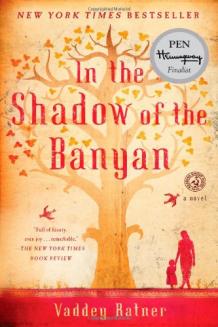
With her mother, Raami’s struggle is with feeling like she comes second to her younger sister, Radana, due to internalized ableism. She maintains her connection to him and keeps him alive in her mind and heart by recalling his words to her. Her longing for him, her feelings of betrayal and abandonment, and her guilt over her role in his capture by the Khmer Rouge weigh on her throughout the years.

Raami’s father is her rock in troubled times, so their separation takes an immense toll on her psyche. This focus is important because the Khmer Rouge sought to break down family relationships as a tactic to demoralize and inculcate loyalty to the Khmer Rouge, to the Organization that supposedly provided for all. It pays tribute to the power of words and storytelling, which are thematically embedded in the narrative.įamily lies at the center of the story, specifically parent-child relationships. It transports you across space and time and immerses you in Raami’s world, with all its beauty and ugliness and complexity. It’s something that you have to experience for yourself to understand the sheer gorgeousness of it all.

I don’t know that I can do it justice by describing it. The author’s use of language is precise and evocative, prose that reads like poetry in many places. Her tragic loss of innocence blossoms into a determination to rise above her circumstances, find light in her surroundings, and paint shining stories onto the dark canvas of the world. Her youthful honesty and vulnerability provide clarity and insight. Children are more observant and more resilient than people sometimes give them credit for, and that is the case with Raami. The story is told in first-person from the perspective of a seven-year-old girl, and this choice of narrative format brings the reader deep into Raami’s emotional core. The story that you get is truly a work of art. This book is semi-autobiographical, being loosely based on the author’s own experience surviving the Cambodian genocide.

Trigger/content warnings: ableism, fatphobia The only thing left of her past life that she can hold onto is the stories and poems her father told her. Displaced from home and separated from her father, she and her family must endure pain both physical and psychological in order to survive. My Summary: Raami’s privileged life as a Cambodian princess is destroyed when the civil war hits Phnom Penh.


 0 kommentar(er)
0 kommentar(er)
